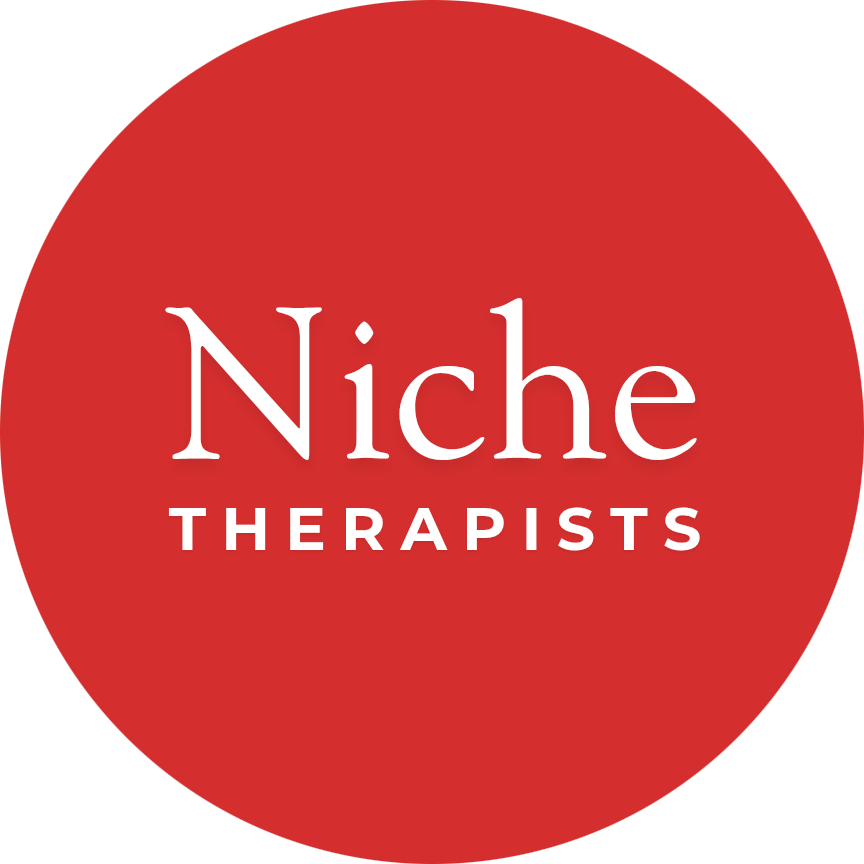
CBT & NLP for Couples Counselling – Strengthening Relationships Through Evidence-Based Therapy.
Relationships can be challenging, and every couple experiences difficulties at some point. Whether you’re struggling with communication issues, trust, conflict, or emotional disconnection, Cognitive Behavioural Therapy (CBT) and Neuro-Linguistic Programming (NLP) for couples counselling offer a structured, solution-focused approach to improving your relationship.
CBT is widely recognised as an effective therapy for couples counselling. Helping couples navigate relationship distress, identify negative thought patterns and behaviours that contribute to misunderstandings and conflict (Epstein, Baucom, & Daiuto, 1997; Dattilio, 2010).
NLP, on the other hand, focuses on reframing perspectives, enhancing communication, and breaking unhealthy relational patterns, offering techniques that can improve interpersonal interactions and emotional connection (Wake, Gray, & Bourke, 2013).
Together, these approaches empower couples to develop healthier communication skills, emotional resilience, and problem-solving strategies that strengthen their bond (Beck, 2011; Dryden & Branch, 2008).
How CBT & NLP Can Help in Couples Counselling
✔ Improving Communication – Learn to express thoughts and emotions openly, listen actively, and resolve conflicts more effectively (Dattilio, 2010).
✔ Managing Conflict – Identify triggers, break unhealthy cycles, and replace them with constructive interactions (Epstein et al., 1997).
✔ Rebuilding Trust – Address past hurts, develop mutual understanding, and create a stronger foundation (Beck, 2011).
✔ Enhancing Emotional Connection – Deepen intimacy and rediscover emotional closeness (Dryden & Branch, 2008).
✔ Overcoming Stress & Anxiety – Reduce the impact of external stressors on your relationship (Beck, 2011).
✔ Shifting Perspectives – Use NLP techniques to reframe negative thought patterns and create a more positive, solution-focused mindset (Wake et al., 2013).
Unlike traditional talk therapy, CBT and NLP in couples counselling are practical, goal-oriented, and focused on real solutions. These evidence-based approaches equip both partners with the skills needed to navigate challenges, shift unhelpful thinking patterns, and build a healthier, more fulfilling relationship (Dattilio, 2010; Wake et al., 2013).
If you and your partner are struggling and looking for a structured, results-driven approach to relationship growth, CBT and NLP for couples counselling could be the right path forward.
References
• Beck, J. S. (2011). Cognitive behaviour therapy: Basics and beyond (2nd ed.). Guilford Press.• Dattilio, F. M. (2010). Cognitive-behavioral therapy with couples and families: A comprehensive guide. Guilford Press.
• Dryden, W., & Branch, R. (2008). The CBT handbook. SAGE Publications.
• Epstein, N. B., Baucom, D. H., & Daiuto, A. D. (1997). Cognitive-behavioral couple therapy. Current Opinion in Psychology, 6(2), 157-161. Retrieved from https://pubmed.ncbi.nlm.nih.gov/28813285/
• Wake, L., Gray, R., & Bourke, F. (2013). The clinical effectiveness of neurolinguistic programming: A critical appraisal. Routledge.
